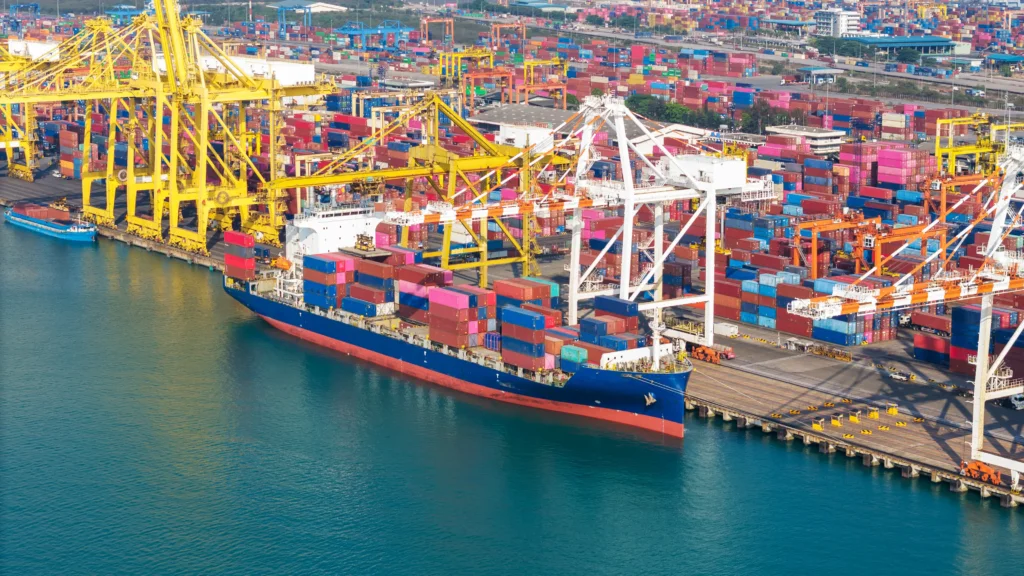The report, titled “Road Transport Price Index 2023 III,” found that the cost increase is largely due to the drastic increase in road tolls, which will be five times the predicted inflation of 4-6%.
More than half of the cost increase is due to the introduction of tolls on previously free sections of road, while the other half is caused by the general increase in costs due to the inflationary environment and the increase in excise duties on fuel.
DigiLog CEO Ferenc Lajkó noted that the entire southern section of the M0 motorway (a ring road around Budapest), the busiest domestic distribution route, which was previously free, will become toll-free.
“This toll increase will have a devastating impact on road transport in Hungary,” Lajkó said. “It will make road transport significantly more expensive, which will stifle economic activity and push up prices.”
The report also found that Hungarian tolls will cost 50-60% more on average in 2024, and German tolls will cost 70-83% more.
Lajkó warned that the economic consequences of the toll increase would be severe. On the one hand, the increase will lead to a recession in the road transport sector. On the other hand, road hauliers will be forced to pass on the increased tax burden to their customers.
If companies are unable to pass on the toll in full, this will further reduce their efficiency, which they will only be able to defend by significantly reducing their capacity, he adds. This reduced capacity could lead to supply problems once the recession is over – as early as the second half of 2024, according to macroeconomic forecasts.
In addition, the increase in tolls, which will be integrated into the prices of products, will clearly increase consumer prices and push up domestic inflation, which is difficult to contain, in 2024.
Lajkó called on the Hungarian government to reconsider its decision to increase road tolls.
“The government needs to understand that this toll hike will have a devastating impact on the economy,” Lajkó said. “It will make road transport more expensive, stifle economic activity, and push up prices. The government needs to reconsider its decision and find a more equitable way to fund road maintenance.”
Logistics organisation predicts 20-25% increase in T&L prices in 2024
The Hungarian Logistics Service Centers Association (Magyarországi Logisztikai Szolgáltató Központok Szövetsége – MLKSZKSZ) has released a report predicting that freight and logistics fees will increase by 20-25% in 2024. This aligns with the forecast by DigiLog Consulting, which cited the same factors driving the surge in costs: EU legal harmonisation measures, environmental protection costs, and inflationary effects.
The MLSZKSZ also echoes DigiLog’s warnings of the potential consequences of these rising costs. Consumers are likely to see higher prices for goods as companies pass on the added expenses, particularly from the new toll system. Hungarian businesses may face reduced competitiveness compared to those in other countries that have not experienced a similar cost burden. Additionally, smaller logistics companies may be forced to close, resulting in job losses.
The MLSZKSZ has urged the government to provide financial support to the logistics sector to help mitigate the impact of these cost increases. The association has also called for a delay in the implementation of the new toll system, hoping to provide more time for businesses to adjust.
The organisation also warns that the escalating costs are likely to lead to further consolidation within the logistics industry. Smaller companies may be compelled to merge with larger ones to survive, potentially leading to reduced competition and higher prices for consumers.
Government sticks to toll hike despite ‘awareness of challenges’
The Hungarian government has said it is aware of the logistics sector’s challenges. However, it has so far resisted calls for a moratorium on the new toll system. The government has argued that the new system is necessary to meet EU environmental targets and to ensure that the costs of road use are properly reflected in the prices paid by users.
The MLSZKSZ has called on the government to provide financial support to the logistics sector to help it cope with the cost increases. The association has also called for the government to reconsider the timing of the implementation of the new toll system.
In the meantime, the MLSZKSZ has warned that the cost increases are likely to lead to further consolidation in the logistics sector. Smaller companies may be forced to merge with larger ones to survive. This could lead to a loss of competition and higher prices for consumers.
Photo credits @ Beroesz, CC BY-SA 3.0, via Wikimedia Commons









